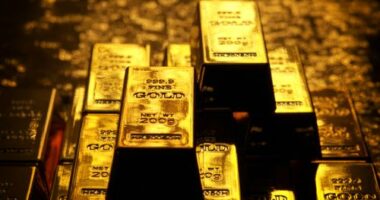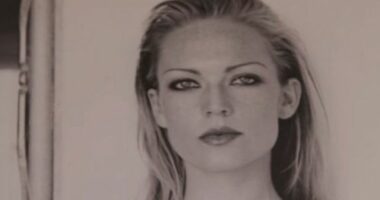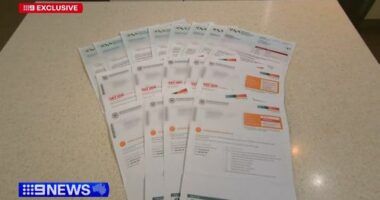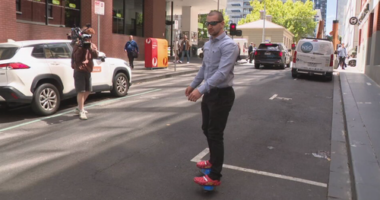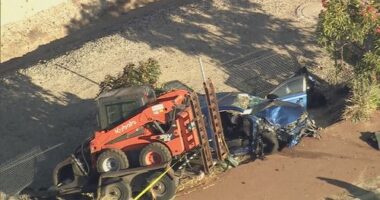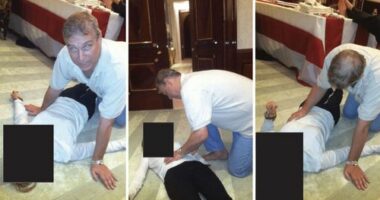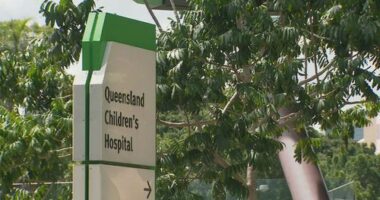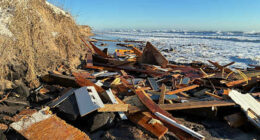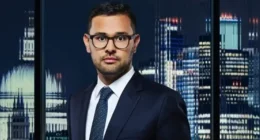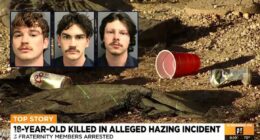Share this @internewscast.com

Twenty-one minutes later, there was an explosion.
Was this an accident? Was there another bomb? Would there be more?
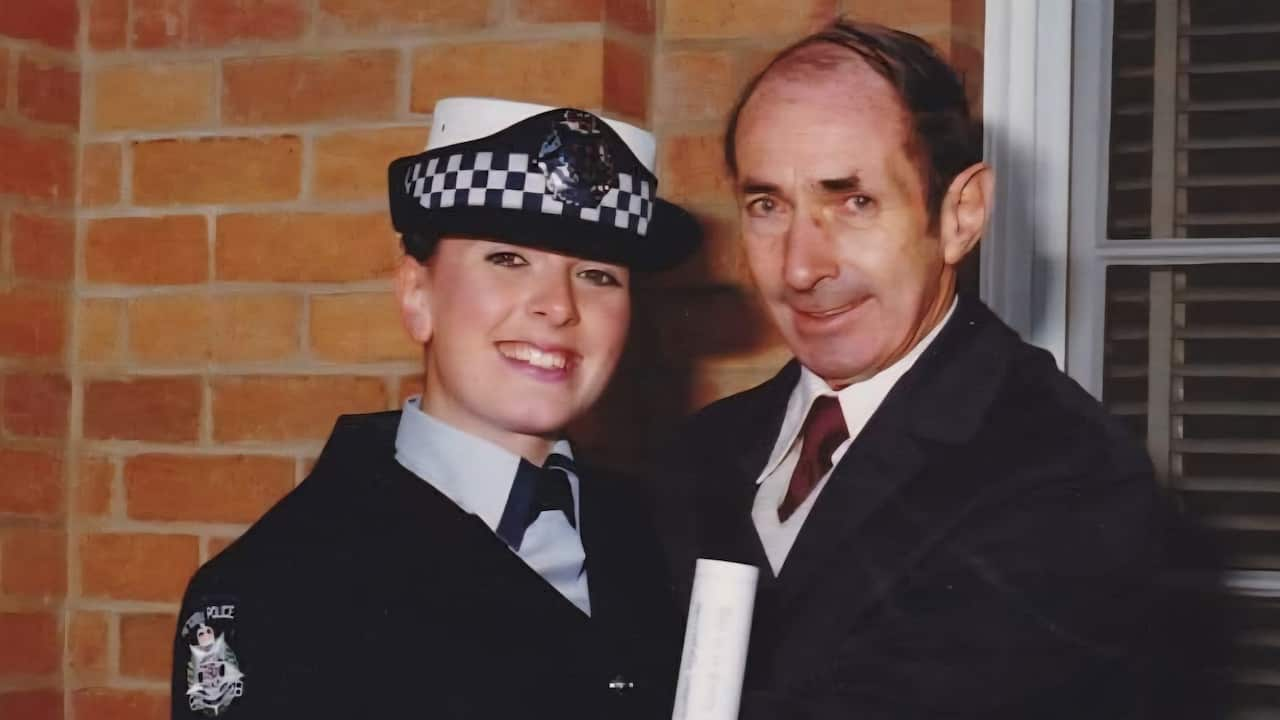
Debra and her late father when she first joined the force. Source: Supplied
Despite this, I stayed on duty. I worked for nine hours, helping to direct traffic through the chaos — past the car where the bomb detonated.
I was told I had a back injury, was sent home in a wheelchair, and stayed in bed for the next eight days.
‘PTSD doesn’t vanish’
It was a big thing to absorb.
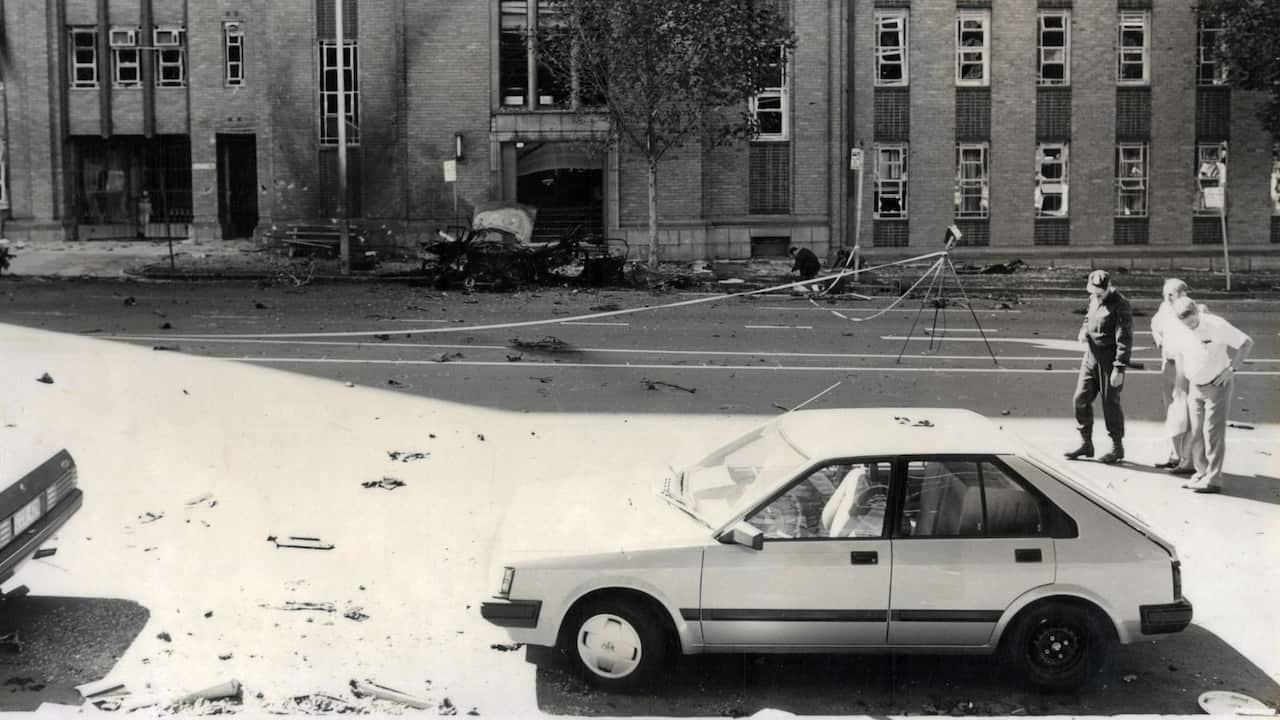
The aftermath of the car bomb in front of Russell Street Police Headquarters in Melbourne. Credit: National Trust via Old Melbourne Gaol.
I don’t recall the noise of the bomb at the time; it took a while to understand the effect it had on me.
PTSD doesn’t vanish. It lingers and reshapes how you move through the world.
‘Behind every badge is a human being’
It didn’t erase the past, but it helped me reclaim part of myself.
I want people to know that PTSD is not a weakness. It’s an injury — just as real as a broken bone …
Debra Richardson
It’s important for people to understand that PTSD is not a sign of weakness. It’s an injury, as tangible as a broken bone, and it warrants the same level of compassion and medical care.

